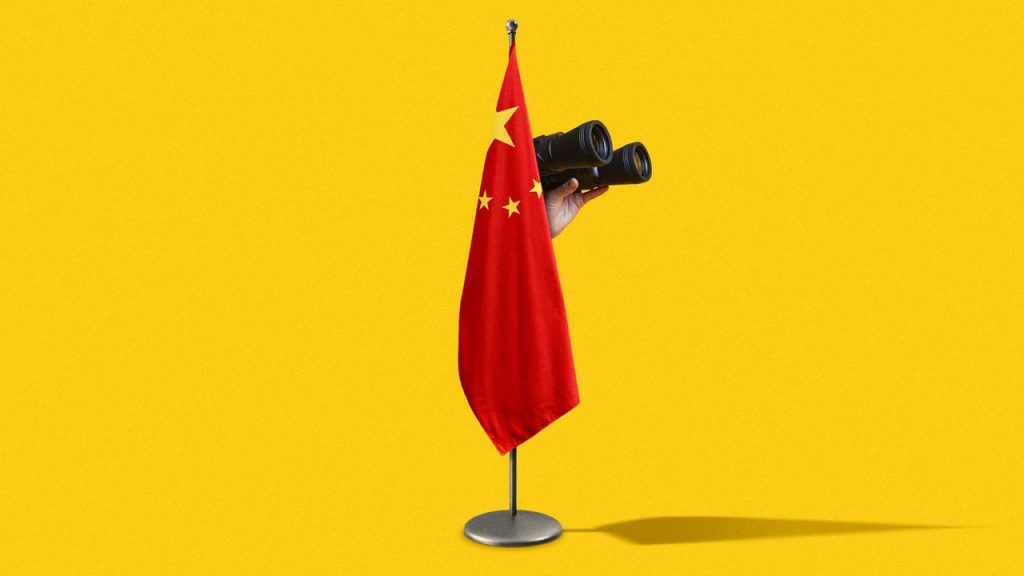MI5 has warned MPs and peers that they and their staff are at high risk of being targeted by Chinese intelligence, after two agents who posed as headhunters to target aides and close contacts of lawmakers were named by the security service.
Along with the rise of the internet, the “growing influence of this vast superpower is one of the two stand-out global changes of the last 30 years”, said BBC political editor Chris Mason. And indeed, “some of the most acute challenges” from Beijing arise “when both of these mega-trends of the early 21st century combine”.
How do they operate?
Unlike the other recent Westminster China spy scandal, this case involves the use of “civilian recruitment headhunters”, who MI5 said were being deployed by the Chinese Ministry of State Security to target people “one step removed” from high-priority targets.
Simon Whelband, a Conservative councillor and senior researcher for Conservative MP Neil O’Brien (who was sanctioned by China in 2021), told the BBC he was approached on LinkedIn by a profile apparently belonging to a headhunter. The profile used the name Shirly Shen, one of the two names mentioned by MI5, along with “Amanda Qiu”.
“The message wasn’t written in very good English, it was a message to say there was a job opportunity and was I interested,” Whelband said. “They have realised the way to get to parliamentarians is through their staff…it’s deeply worrying.” Less experienced staff “might think it’s a genuine offer” and engage with the catfishers.
“It is not just parliamentarians who should be concerned,” Security Minister Dan Jarvis told the Commons. “Economists, think-tank employees, geopolitical consultants and government officials” have also been approached, for their perceived access to politicians.
What are they after?
China’s security services are attempting to “cultivate” those close to lawmakers, offering them “large financial incentives for seemingly low-level information”, MI5 said. Over time, once a relationship is established, they “can encourage the target to gain access to more non-public sensitive information”.
In practice, that might look like offering a “lucrative fee for a paper on the government’s policy approach to a particular area or topic”, said The Telegraph. The information “might already be in the public domain, but Beijing’s agents hoped that by paying large fees, those with privileged information might be slowly led to divulge more of what they knew”.
China has a “low threshold for information it regards as valuable”, said Jarvis. This is “because over time it builds up a wider picture by piecing together the morsels it may extract from a wide range of people”, said the BBC.
What is being done about it?
Security officials told The Times that MI5’s decision to name the individuals “serves two purposes”: to identify MPs, peers or parliamentary staff who may have been drawn in; and, second, to issue what one senior government figure described as a “clear message to Beijing”. Whether such exposure deters future activity “is another question”, they said.
The government plans to take more concrete measures in the coming weeks, launching a new campaign to “disrupt and deter” espionage. In the meantime, security services have told those working in parliament to be on the lookout for “unusual questions from their colleagues or network” that could show an individual was gathering information. This includes “off the record”, “sensitive”, and “insider information”.
It means that, “for the second time this autumn, Westminster is collectively wrestling with what to do about China”, said the BBC.
MI5 warns of civilian ‘headhunters’ trying to ‘cultivate’ close contacts of MPs and peers
